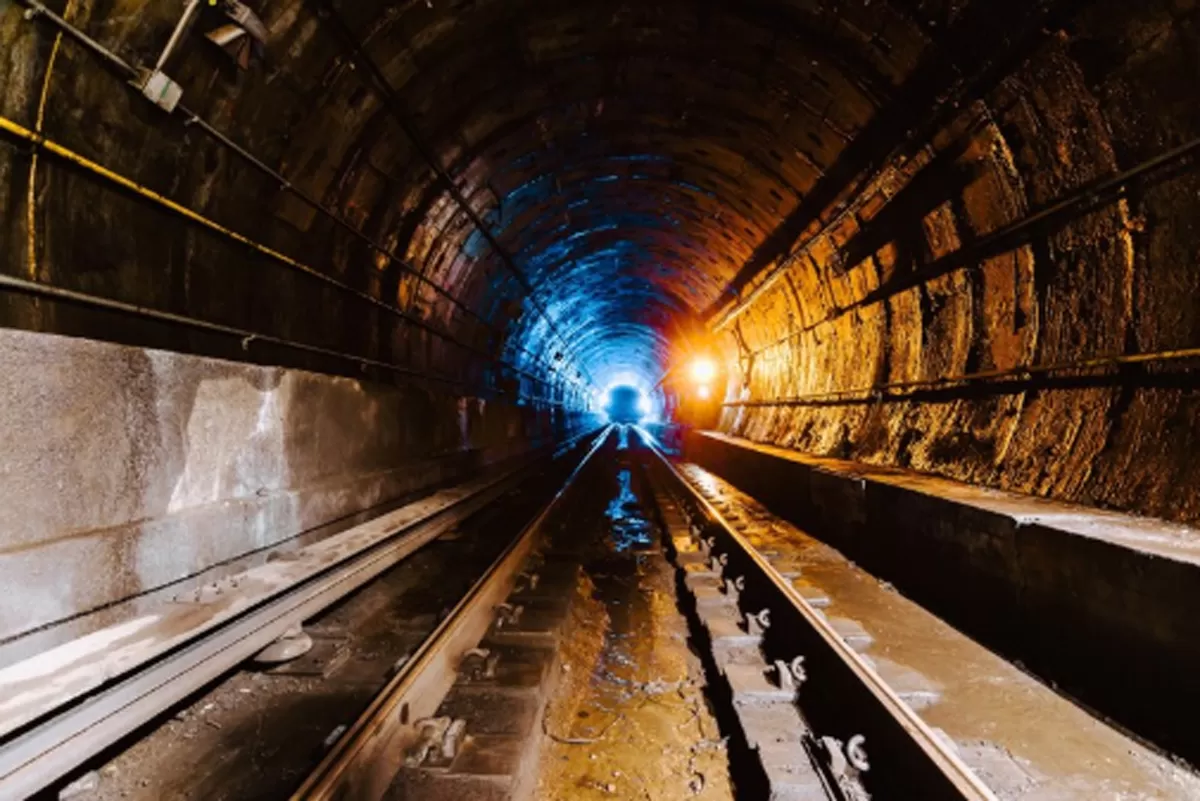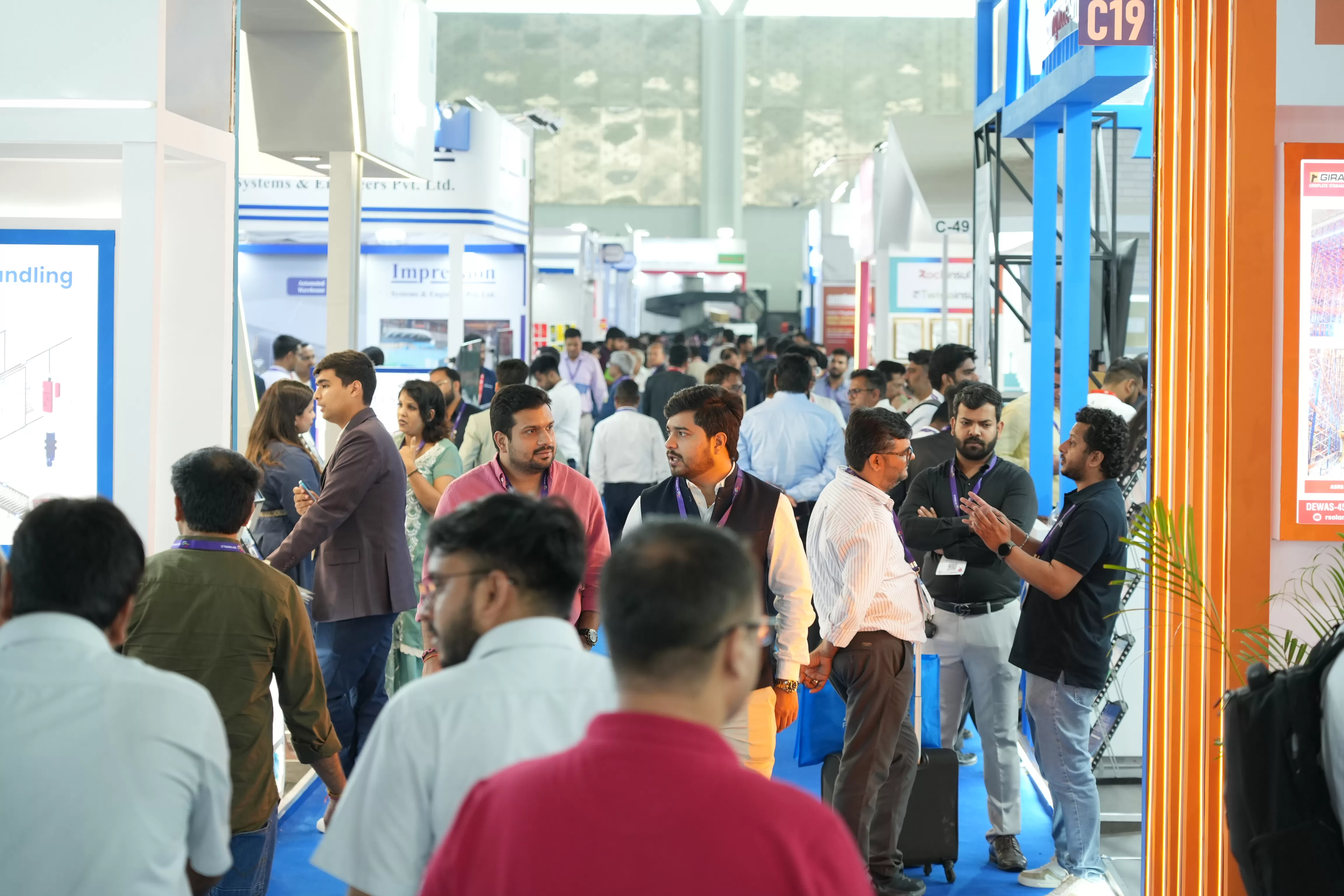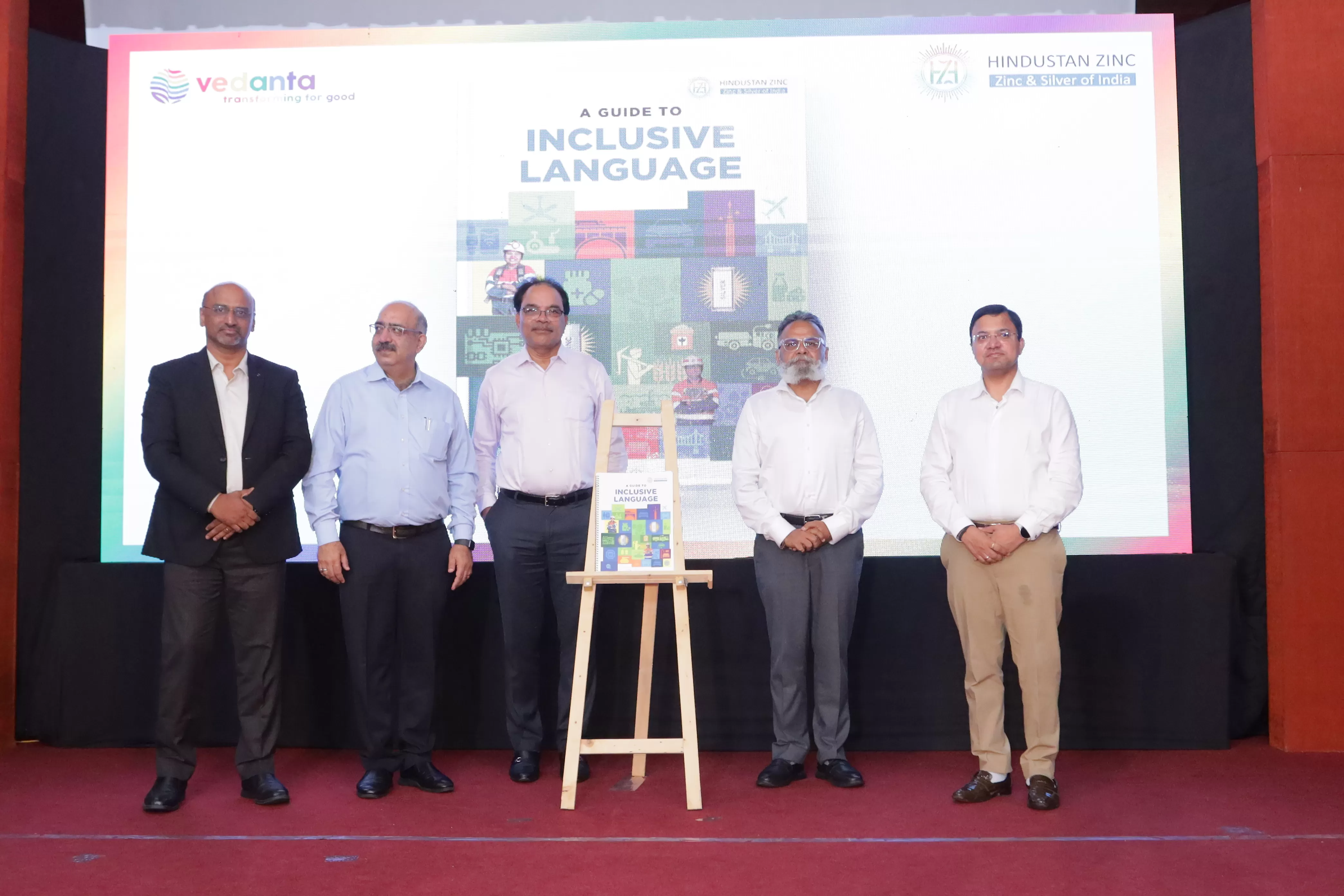"We have smart solutions to manage local transportation," says Riho Kruuv, Ambassador of the Republic of Estonia
01 May 2018
7 Min Read
CW Staff
India-Estonia relations go back to 1921, when India recognised Estonia as a member of the League of Nations. "We recently celebrated the 100th anniversary of the Republic of Estonia," says <span style="font-weight: bold;">Riho Kruuv, Ambassador of the Republic of Estonia.</span> "Fifty years have been stolen from us by the Soviets. But we have been independent for 26 years, and India was among the first countries to re-recognise our independence in 1991." Since then, Estonia has been developing its relationship on the political front in tandem with economic, education and cultural cooperation. <br />
<br />
Compared to India, a country of 1.3 billion, the population of Estonia is 1,000 times smaller, at 1.3 million. "But we find it comfortable and useful to interact, especially in the technology front, because in the digital realm, size does not matter," says Kruuv. He goes on to add that small countries can be quite powerful in developing technologies. "This is precisely why we have a business delegation visiting India, where the maximum are smart city solution companies." He shares more in a t<span style="font-weight: bold;">Ote-a-tOte with SHRIYAL SETHUMADHAVAN. <br />
<br />
Could you elaborate on the digital expertise Estonia can offer India?</span><br />
In Estonia, we use digital technologies so widely that it was only natural to start using digital solutions to provide opportunities in the areas of managing cities and traffic; how citizens manage their everyday lives; and how they develop solutions for logistic or commuting needs. We have smart solutions to manage local transportation; manage traffic- diverting cars to other destinations in case of congestion, etc. So, solutions have been developed based on our needs and we are ready to share them with Indian cities to see how they can fit. And as most solutions have been developed by Estonian companies, there is capacity and willingness to customise these to be adaptable for the Indian market.<br />
<br />
<span style="font-weight: bold;">Estonia is probably the only country to have successfully digitised all government activities. Tell us about the role technology can play in a country's development.</span><br />
For Estonia, it has been revolutionary. Being a small nation, we wanted an efficient government to get all public services at a low cost. Technology was the only way forward for us. Speaking of India, I have been here for one-and-a-half years and, each day, much of my time is consumed commuting between home and office owing to the traffic. And people need to go to a lot of places to give a signature or present themselves in some public office for identification. Reliable digital technology can eliminate all of this, which is good in terms of saving travel time and petrol, which is also important for the environment. So, there are several benefits to utilising digital technologies. <br />
<br />
However, information security of data is also critical. Whatever is done on the digital front, cyber security solutions need to be upgraded and taken seriously. We were probably the first country in the world to be a target of a massive cyber attack in 2007 and we pulled together all the bright heads who developed the Blockchain technology, which has been used since then. <br />
<br />
<span style="font-weight: bold;">The India-Estonia start-up programme encourages Indian start-ups to jointly develop products with Estonia. How could this be a win-win situation for both countries?</span><br />
We have been emphasising on the start-up system in Estonia and well-known Estonian companies such as Skype are testament to young people that you can become an IT millionaire or billionaire, even if you are born in a smaller country. This has created a new culture in Estonia of young entrepreneurs and we continue with the biggest number of start-up companies per capita in the European Union. We would like to collaborate more with India in terms of start-up co-operation for which we have also established the start-up visa system, which gives entrepreneurs an opportunity to spend 18 months in Estonia. There is no front investment requirement and they can use Estonian incubators and accelerators to scale their product or idea for European markets. Estonia is a small country but an ideal place to test your ideas because the population is tech-savvy and you can easily test how your products work. If necessary, you can customise them and then go out to bigger markets such as the European Union, the US and India as well. We are willing to bring more Estonia start-up companies to do some work in India as well. <br />
<br />
<span style="font-weight: bold;">Tell us about the kind of business Estonian companies are generally trying to establish in India.</span><br />
There are opportunities for all sorts of business modules here. The recent delegation of companies we have brought along is willing to export to India. While exporting to India, they are looking for local partners. In a large country such as India, our small companies need local support to collaborate with. For companies that are more into manufacturing, my advice has always been that they look at investing in India because the incentives may get them access to a good labour force, investment benefits, taxation benefits, etc. If companies are willing to have a major consumer product in the Indian market and cost of production is an important factor, establishing factories or at least assembly lines in India would be useful.<br />
<br />
<span style="font-weight: bold;">What expertise can Indian companies extend to Estonia in its development?</span><br />
Estonia is part of the 500-million market of the European Union and let us not forget that we are neighbours of the Russian Federation, which has another 140 million. Also, <span style="font-weight: bold;">Saint Petersburg,</span> the second largest city of the Russian Federation, is just 200 km from our border. So our primary objective is to find Indian companies that are interested, with the help of the Estonian e-Residency Programme, to come and establish operations in Estonia and use it to come to the European Union market. But we would like to work with Indian exporters to send products to the Russian Federation market and provide them good logistic solutions through Estonia. We would like to establish a distribution centre or value-added logistic solution at the border of Estonia, keeping stock for the territory of the Estonia European Union and supplying the Saint Petersburg or Moscow markets as and when necessary. We can do business in several ways and would like to welcome Indian industries to take a look at what we have to offer in terms of start-up firms. <br />
<br />
<span style="font-weight: bold;">Are there any irritants in the bilateral relations between both countries?</span><br />
No irritants, but we can always make the business environment even smoother and easier. On that front, it is important to move forward with trade agreement negotiations between the European Union and India and provide protection for investments bilaterally so companies have lower tariffs, fewer non-tariff barriers and a more secure environment to make investments in the Indian market. This is definitely something the Indian Government might take a closer look at.<br />
<br />
<span style="font-weight: bold;">Are there any initiatives both governments are taking to encourage companies to invest in both countries?</span><br />
Our minister of entrepreneurship and IT recently made a visit to India together with our business delegation. These initiatives are most valuable. They help companies get together with potential partners and this is why we see the trade and investment numbers growing. Political initiatives such as MoUs and agreements are also important but focus should be on getting business persons finding and talking one another. <br />


















